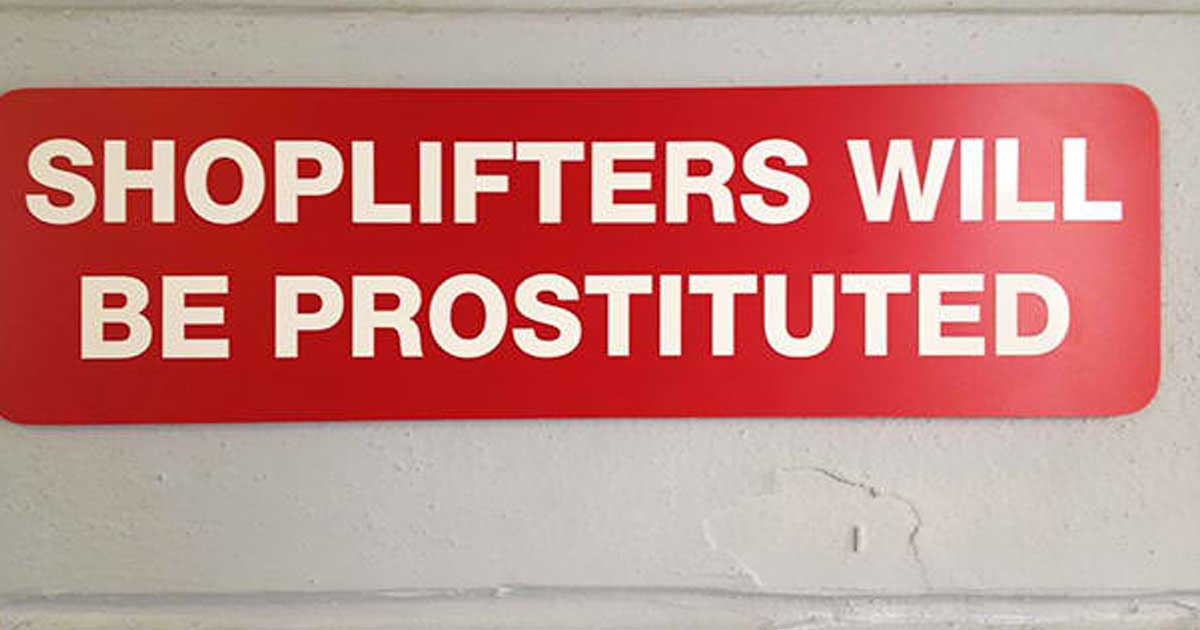I received a great question the other day that I’d like to address here: Should someone blog without professional edits to begin engagement about a potential book? (They’re concerned about credibility if they post poorly. Thoughts?)
Here’s the thing. I usually catch an error or five long after I’ve posted a blog. They happen, particularly when I don’t bother having Walt proof my work.
Sometimes well-intentioned folks will write to inform me about a mistake I’ve made—i.e. their instead of they’re, its instead of it’s—because they’re concerned that illiteracy reflects badly on a writing teacher. I just laugh, thank them for the head’s up, then go back in and fix the shit because I know their they’re probably right. Which, unfortunately, doesn’t prevent me from making the same damn mistake again.
The thing is, blogging is a looser, more relaxed writing form. Its It’s meant to be off the cuff. Most bloggers can’t spend half a day (You do in the beginning when you first start, but that’s another blog) on any given post because they’ve got other pressing things to do with their time. Readers, therefore, have been trained to expect a conversational note of sorts, sprinkled with the occasional spelling error or incomplete sentence, not a segment from someone’s doctoral thesis. So, you can pretty much stop sweating the small stuff. Unless you like walking the planet all amped up.
But what you’re asking about has far more to do with perfectionism, than anything else. Perfectionism is a real bugger for us high-achievers. (I’m sitting here totally questioning the use of that comma above. Fuck.)
I know this is hard to believe BUT.
It’s better to have something imperfect out there in the cyber sphere than it is to have nothing at all. It’s better to write a bad blog (in the beginning), than to not write at all. (NOTE: You will never hear me say this about a book. Do not, for the love of all that is holy, extrapolate!)
If your you’re REALLY worried about errors, find someone you trust to run they’re their eye over a blog before you post. Partner up with someone else who is committed to posting more, and edit for each other. Problem mitigated (notice I didn’t use the word solved).
The truth is, the more you write, the better your material becomes. You become a better writer—blogs and books and such—by WRITING.
The more you do ANYTHING, the better you get. ANYTHING.
Here’s what blogger/author James Altucher says on the subject:
When I started my first business, I was bad at dealing with partners, employees, money, expenses, and negotiation.
There’s no way to start a business without being bad at those things. People who are good, are good because they spent ten years being bad.
No one escapes the beginner phase, being bad at something you really want to get good at. You don’t get to skip Go and collect your $200, no matter what your mother told you.
And no one escapes having the proof of one’s shittiness out there in the world. Because what goes on the Internet, STAYS on the Internet for all to see; that’s just a fact of modern day life.
I’ll give you just one more example of having to be bad before you improve.
This is one of the first business videos I ever made.
Embarrassing. At the time, I actually thought this was pretty good.
As I mention in my book (Oh, yes, she aims, she shoots, she self-promotes!), the beauty of writing on a regular basis, particularly blogs, is that, by inadvertently writing about the same handful of topics, only in slightly different ways, your main lessons will discover you. And those lessons? They’ll likely make for a wonderful book.
You’ll hear me say this time and time again: There’s no better way to build content for a motivational book then than by writing a weekly blog. The starting material for Walt’s first book was two years worth of single blog posts, 400-700 words long, which were just lying around.
All the more reason you need to get good at being bad for a while. Particularly if you plan on writing a book.


